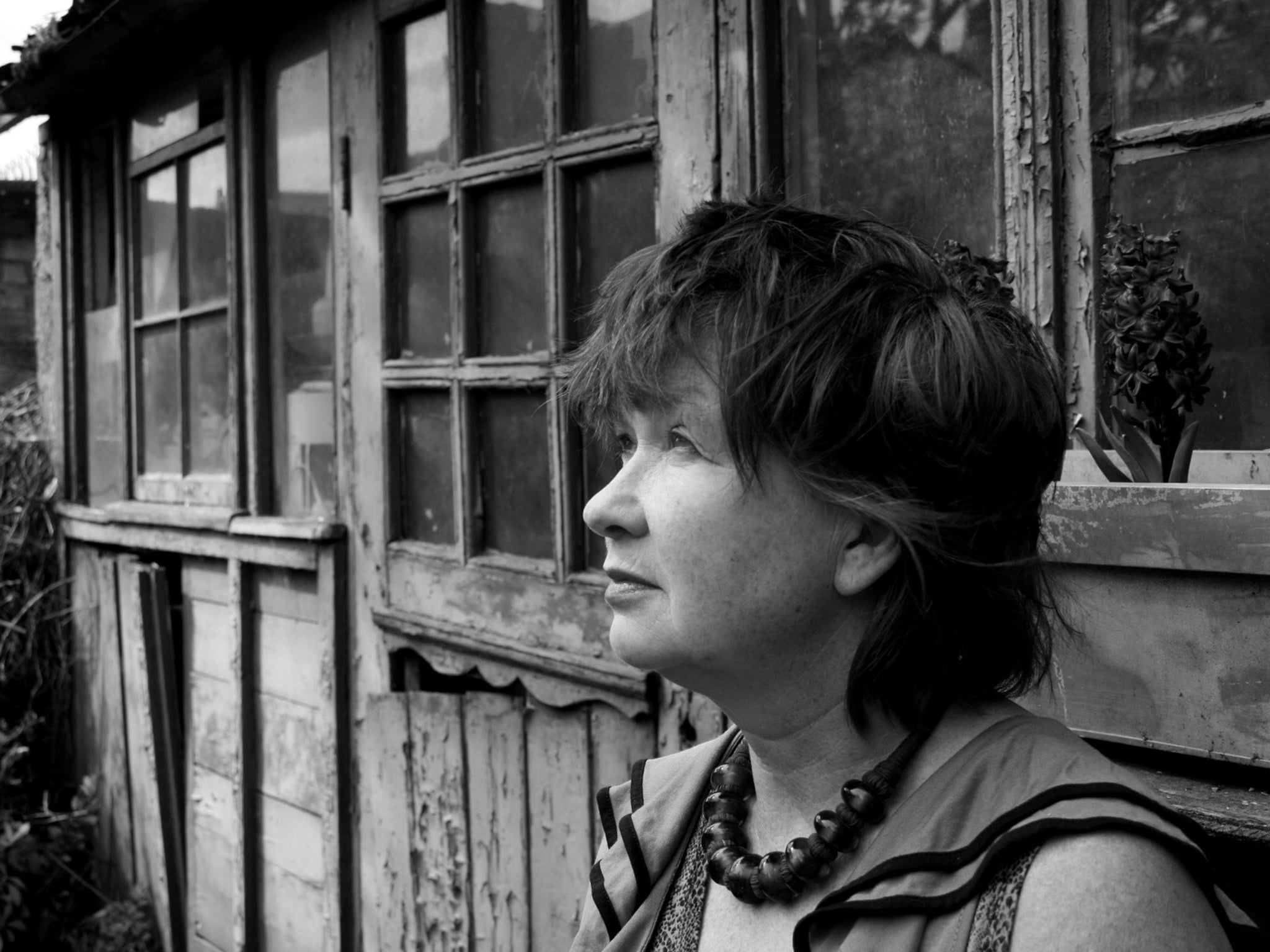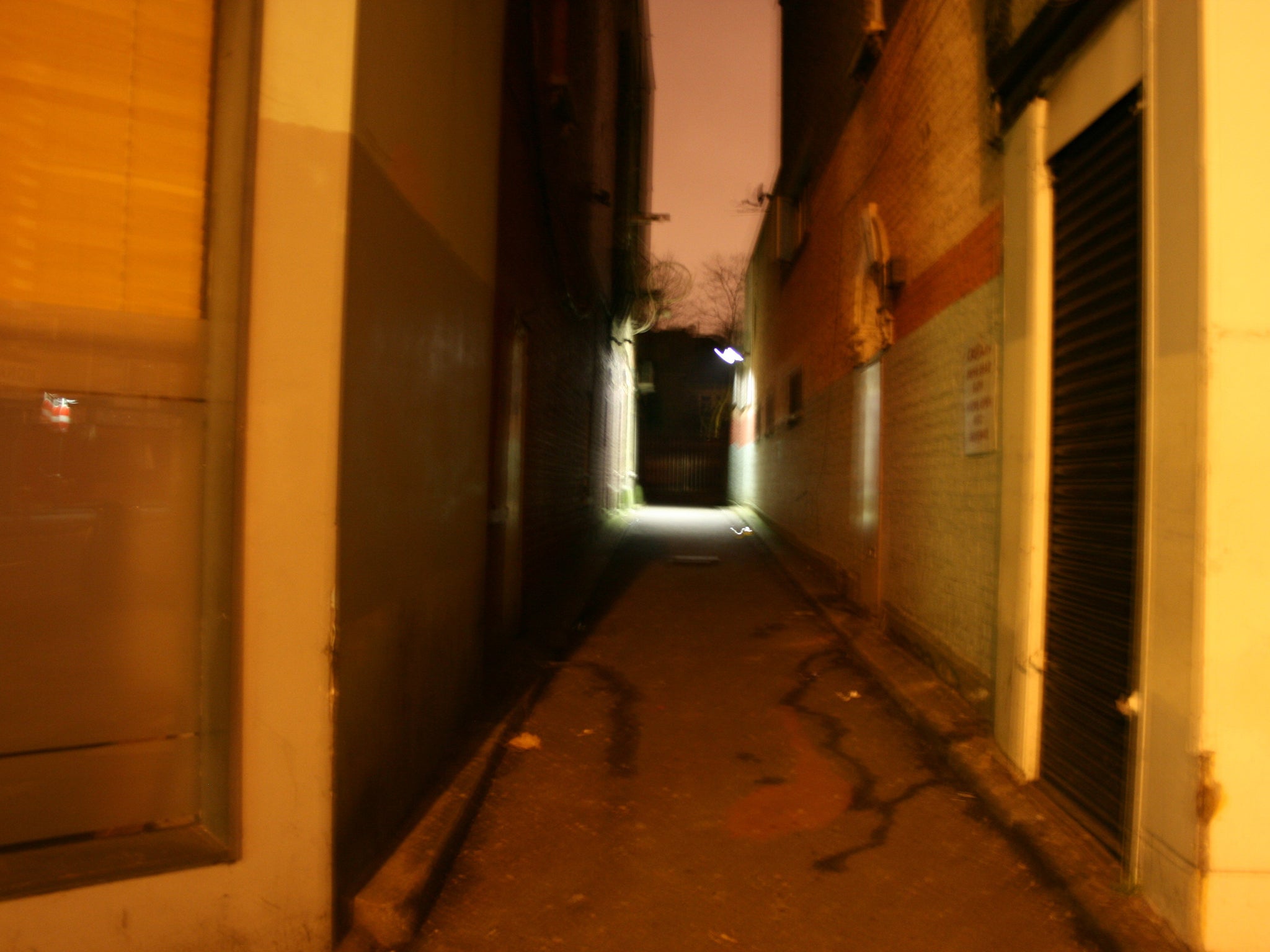A safari in modern Britain: Rose Rouse reveals how her four-year tour of Harlesden taught her as much about the UK as it did about NW10
Rouse had lived in Harlesden for 18 years when she made a startling self discovery: she didn't know her own neighbourhood. She decided to walk and talk with as many different people as possible in the neighbourhood and her experiences have been published in a new book

Your support helps us to tell the story
From reproductive rights to climate change to Big Tech, The Independent is on the ground when the story is developing. Whether it's investigating the financials of Elon Musk's pro-Trump PAC or producing our latest documentary, 'The A Word', which shines a light on the American women fighting for reproductive rights, we know how important it is to parse out the facts from the messaging.
At such a critical moment in US history, we need reporters on the ground. Your donation allows us to keep sending journalists to speak to both sides of the story.
The Independent is trusted by Americans across the entire political spectrum. And unlike many other quality news outlets, we choose not to lock Americans out of our reporting and analysis with paywalls. We believe quality journalism should be available to everyone, paid for by those who can afford it.
Your support makes all the difference.Pre-Dawn Walk, 6am, 8 February 2010. The sun rises at 6.58am. It's still dark but illuminated by street lights. The sounds are the birds and they are loud. I think they must be blackbirds and I get irrationally disappointed when I see rows of pigeons later. Somehow, there's no romance in pigeons singing. If a blackbird is Frank Sinatra, a pigeon is that bloke on The X Factor who used to be a dustbin man. I've got my son, Marlon, and his girlfriend, Tania, with me. Both 24 and film-makers, without their cameras; they bring only their curiosity. "It reminds me of coming home from clubs," says Tania, referring to the past.
When I decided to explore Harlesden, my plan was simply to walk and talk with as many different people as possible. The idea was that these walks would become a kind of interview in motion, and that walking through this urban landscape would spark more tangential conversations than a static one. As soon as I started walking, I started discovering.
On this first morning, I'm surprised by just how many people and cars are around. At the bus stop in Wrottesley Road, I go up to a woman and ask her where she's going. She looks alarmed and is on the verge of ignoring me. This almost-darkness embraces ill intent – by me, a middle-aged, middle-class white woman! This is a new role for me. "I'm a pastry chef," she says eventually. "I'm going to Liverpool Street." I see a ramshackle house with a little wooden balcony in Park Parade that wasn't there before. It appears like a ghost from the Louisiana bayous.
Park Parade, my local row of shops, is a telling introduction to Harlesden: there's the chicken/kebab shop Caledonia, which was the scene of the 2009 November-afternoon stabbing that ended the life of 20-year-old Anthony Parkes; All Eyes on Egypt, a bookshop that puts forward the black-centric point of view and sometimes lurches towards conspiracy theories but also magnificently promotes talks such as "The Angry Vagina"; a Brazilian seamstress who goes by the inimitably holy name of Victory Divine, and is also a pastor; Johnny's hairdressing and tanning salon, Paraskevas (he's a grey-bouffant-coiffed man-about-town who came over from Cyprus 35 years ago); the newsagent run by Danny, which also, weirdly, sells boxing gloves (it turns out that his family in Pakistan makes them), which are used in the local boxing clubs; the Nigerian internet shop; the Portuguese restaurant called O Bombeiro (what a name – The Fireman); a mysterious and quite posh shop called Janie Lightfoot Textiles; the Royal Oak, an Irish pub built in 1892 – the original building went back to the 1830s and was a stop for the first omnibus going from Harrow to the City; a shop called Cash for Clothes where you can sell clothing by the kilo; and that's not everything… Harlesden is a one-off, but also a mirror and a microcosm of what is going on in cities and towns all over Britain. It is everything that diversity creates. It's exciting with an edge that is missing from, say, Suffolk, or even Kensington and Chelsea.

Farther down the road, the words "We pay cash for gold" beam out of the front of a pawnshop in red lights like a so-bad-it's-good version of a Tracey Emin. Over the road, Saj's Superstore is open but I'm not sure whether it's just opened or has been open all night. I ask one of the young men who are bringing out yams and plantains. "We're open 24 hours," he says. A man wearing a long, sarong-type garment round his waist hurries by. "Where are you going?" I ask, trying not to be too aggressive, my new pre-dawn etiquette. "To the mosque," he says. We guess that he's Somali. I didn't realise that there were any mosques here until I spoke to my newsagent, Danny, a few weeks ago. He mentioned that he sometimes pops into the mosque on the high street. "Shall we follow that man?" says Tania, only half-jokingly.
A few days ago, Marlon and Tania observed what they thought were Maori women coming out of a boarded-up building, Park House, in Manor Park Road. We go and have a look. There is a tangle of satellite dishes perched outside a window on the second floor and a light. People are obviously in residence but there's no indication of who they are. Rounding the corner, I can't help smiling at an unusual sign in a shop window. It announces boldly: "Here photos come alive, here legs come to dress" – and they do. This is Wrights, the extraordinary shop that sells Italian lingerie – including sexy pirate outfits and baby-doll Santa costumes – as well as photographic equipment, watches and all manner of gadgets. It is such an Irish concept, except it's not Irish. The couple who own it are Indian and Kenyan.

Perhaps it's the powerful influence of The Shawl nearby, a very Irish pub. I remember the story about Pitié-Salpêtrière Hospital in Paris, where a neurologist called Jean-Martin Charcot conducted experiments on women who were suffering from hysteria. At one point, they were put in wards near epileptics, and they, too, started experiencing fits. Those Irish who came over to work here from the 1840s onwards on the railway brought with them the expectancy of their own crazily mixed-up shops. Not for them the one-dimensional.
Many years later, Wrights has fulfilled this dream, and it is far from the only place. Deliveries of Guinness are just arriving at The Shawl. Meanwhile, Craven Park Road is heaving with lorries carrying waste and highway-maintenance equipment. Unbeknown to me, this is very much the hour of industrial passage. These secret rituals have obviously been going on for years as I hunkered down under my duvet.
Another man appears in a sarong-like ma'awis. We turn off the main road into a back alley. It is dark for the first time and a little bit scary. The buildings suddenly look grimier. Finally, at the end of the alleyway, we turn a corner in silence. There it is, in what looks like a garage. There are rows of shoes at the doorway and all we can see are disappearing heads and a row of clocks showing the different times for prayer. We have made our discovery, so we scurry back to the main road. A cleaning machine – one with two swirling brushes – is nudging us off the pavement. Bus stops and cafés are filling up. It's getting lighter. We've missed dawn. The sun rising over Willesden Junction is not our lot today. It is wet and cloudy and it's time for us to go back to bed.
Extracted from 'A London Safari: Walking Adventures in NW10' (Amberley, £9.99), which is out now; roserouse.wordpress.com
Harlesden resident Louis Theroux How I learnt to love Harlesden
By Louis Theroux
Harlesden is a funny old place. We loyalists use words such as "vibrant", "exciting", "exotic" and "cosmopolitan". But the truth is, you could just as easily say "maddening", "dispiriting", "dreary" and "disturbed". It is plagued with crazed driving and clogged traffic, abandoned mattresses and little plastic bags of rubbish spilling out of bins. The high street is heavy on betting shops and pound shops and odd multi-purpose places that offer "global money transfers". It is a fragmented polyglot chaos of Irish pubs and West Indian takeaways and Polish delis; weeds that sprout out of the façades of the elegant old buildings; mini "casinos" full of slot machines; grime and decay; and, very occasionally, a background sense of menace, often on the No 18 bus or the top deck of the 220, as though a fight is about to break out.
But, as with so many things in life, Harlesden's negatives turn out to be positives when rightly considered. Its noise and chaos are part of its indomitable 24-hour energy. There is disorganisation but there is also a crazy quilt of cultural offerings: churches, nightclubs, late-night hairdressers. There are stores and emporia selling everything under the sun. And the people are a microcosm of the world, hailing from everywhere – Africa, Asia, Eastern Europe and South America. Harlesden is both villagey and, in some ways, the most cosmopolitan place imaginable.
Rose Rouse has recorded many of those wonders. Rose, a Yorkshire-raised former music journalist, has a blog called Not on Safari in Harlesden, consisting of walks she has taken around the gritty and litter-blown area of NW10 in which she resides. She has introduced me to local landmarks I've seen many times but didn't know. The street drinker George, who wears a dress and paints murals; the industrial secrets of Old Oak railway yard deciphered by one Ian Bull; the vanished pubs now housing blocks and Portuguese cafés; stars from the reggae scene of the 1970s… She has decoded the area for me. In the process, she has performed an alchemical act, taking a suburb that is nothing much to look at and imbuing it with a wistful poetry.
Some may wonder of the relevance of any of this to those outside Harlesden, or Brent, or London. But, like it or not, Harlesden represents something bigger than itself. It is a Petri dish of what is happening – in less concentrated ways – across Britain. If we can learn to love Harlesden, it's a promising sign for us all.
Taken from the introduction to 'A London Safari: Walking Adventures in NW10'
Join our commenting forum
Join thought-provoking conversations, follow other Independent readers and see their replies
0Comments